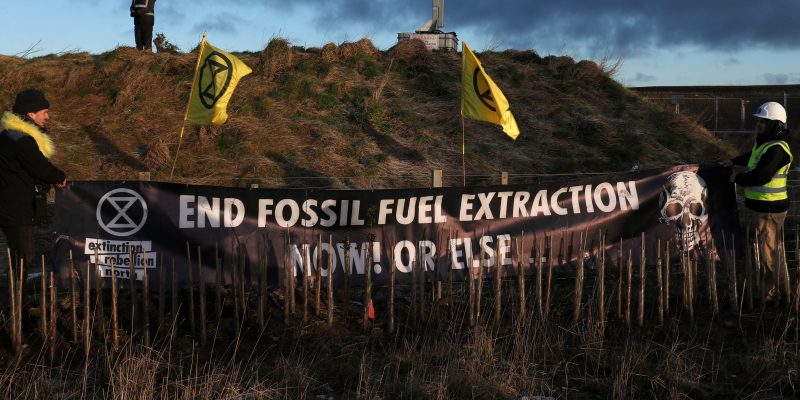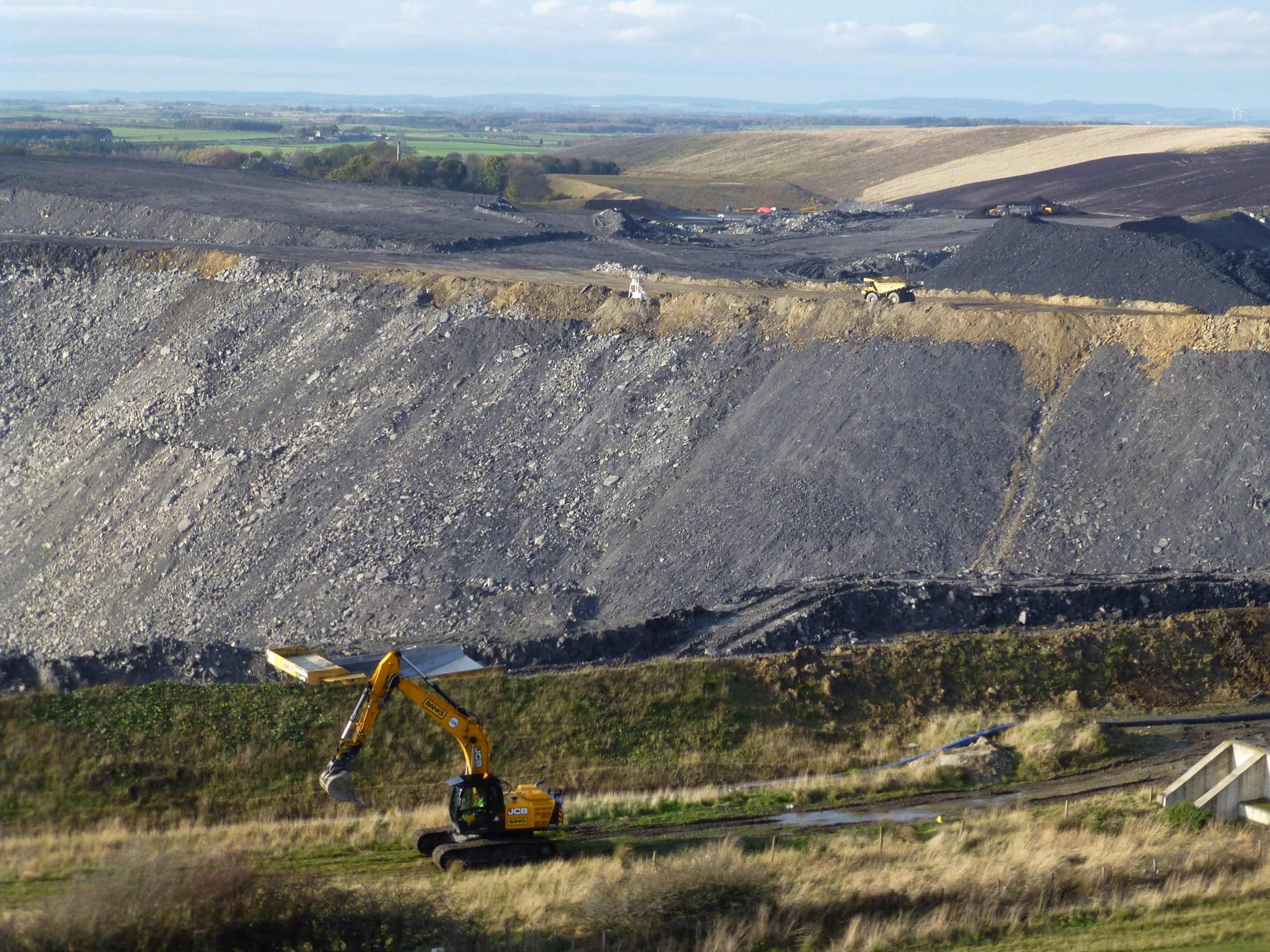- Britain has completed two months without burning coal to generate electricity.
- Coal has not been burned since April 10, the National Grid said on Wednesday, the longest hiatus since 1790.
- As a result, May ended up being the greenest-ever month for energy provision in Britain, it said.
- Demand for energy substantially decreased during the coronavirus pandemic as travel and business were disrupted.
- The UK’s demand for coal has also decreased in recent years.
- Visit Business Insider’s homepage for more stories.
For the first time in 230 years, Britain has completed two months without burning coal to generate electricity.
The last time coal was burned at any of Britain’s four coal-fired power stations was April 10, 2020, according to the National Grid, the utility company.
It marks the longest period without deriving energy from the fossil fuel since 1790, the start of the Industrial Revolution.

"The exact two-month mark is midnight tonight (00:00 on Wednesday 10 June), which will mark 61 days (or 1,464 hours) since the last coal generator came off the system," a spokesperson for the National Grid's Electricity System Operator said in an emailed press release on Wednesday.
Britain recorded the first full coal-free day since the Industrial Revolution on April 14, 2017, and the number of days without coal-power recorded each year has steadily increased.
The impact of the coronavirus outbreak on travel and business means the demand for energy has dropped substantially, both in Britain and around the globe.
The International Energy Agency said in April that energy demand could plunge at a record level this year.

The drop in demand has allowed Britain to supply people with electricity sourced from gas from the North Sea and solar power.
Even before the pandemic, demand for coal was decreasing year by year, as environmental movements against fossil fuels gained political traction and increased relevance for consumers.
The UK government has pledged to close all coal-powered energy generation sites by 2024.
- Read more:
- Mitsubishi once transformed a Japanese island into a bustling coal mining metropolis. Now it's an abandoned, derelict mess.
- Energy demand is set to plummet this year as coronavirus presents the biggest shock since World War ll, IEA says
- Layoffs, furloughs, and budget cuts: We're tracking how 18 energy giants from BP to Chevron have responded to the historic oil market meltdown
